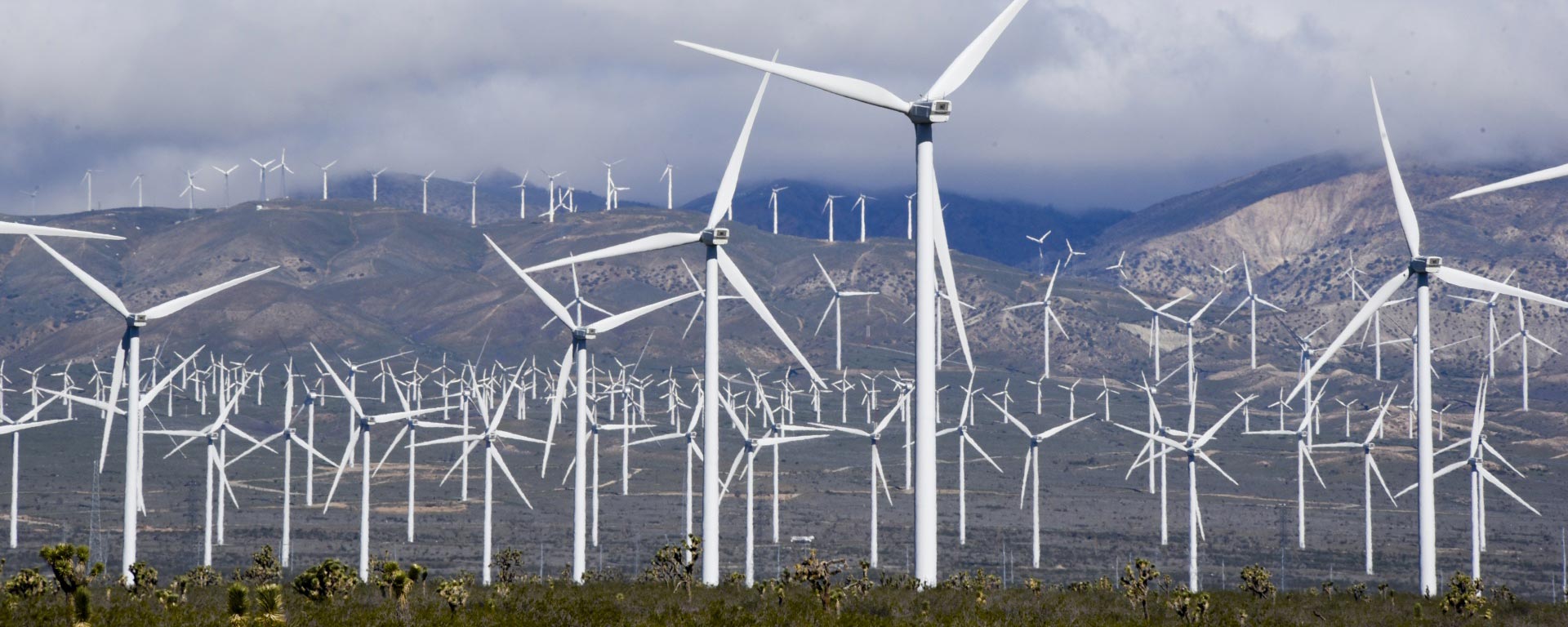Britain’s demand for energy is growing fast – set to increase by a huge 50% between 2005 and 2030. This can be put down to a growing population along with modern life and a greater reliance on technology.
How is the country going to meet this extra demand? We’ve teamed up with the business gas specialists at Flogas to find out which sources of energy are the most reliable.
How reliable are fossil fuels?
Although it’s dirty, fossil fuels such as coal and natural gas have been a steady & reliable energy source in the UK for many decades.
How reliable is coal?
The use of coal is at its lowest level in 80 years – largely due to two major coal power stations recently closing down. Coal power has dropped from 22.6% to 9.2% in terms of electricity generation.
How reliable is gas?
Gas power is cleaner and therefore preferential to coal, and can be used to ‘top-up’ the electricity supply when needed. The presence of gas fired power stations was up 45% between 2015 and 2016 – partly due to the collapse of coal generated energy.
Natural gas emits 45% less CO2 than coal and 30% less than oil. Although it still causes some emissions, its impact is a lot less severe than other fossil fuels.
Natural gas has many uses, including domestic cooking, heating and drying along with energy generation. It can also power vehicles, produce plastics and has many other useful purposes.
Through drilling initiatives, gas is one of the most popular types of energy used around the world.
Renewable energy is growing around the world
Individuals, businesses and governments are turning to renewable energy as a sustainable, long-term source of power, with wind & solar farms receiving huge investments around the globe. Opinions vary however, with some who believe we will never achieve 100% renewable energy use.
The rise of wind power
The output of windfarms can vary wildly depending on conditions and location, but in 2016 it was reported that UK windfarms generated more electricity than coal power plants and were able to produce more energy than solar.
The use of solar energy
More and more people are looking to solar as their main source of energy. Solar power accounts for around 4% of all energy used across Europe, with the UK being one of the biggest producers of solar energy. That said, in 2016 the number of new solar installations in the UK dropped by 50% compared to the previous year, due to cuts in government incentives.
Like wind power, solar can be somewhat unreliable and depends on the weather.
Does nuclear power have a future?
Nuclear power is still a big part of the UK energy mix. In June 2017, it was reported that nuclear accounted for 23.2% of energy generated in the UK. It’s more reliable than renewable power sources and, unlike dirty fuel such as coal, it produces no emissions. The obvious drawback is nuclear waste, which has to be safely disposed of.
From what we’ve discussed above, natural gas is the most viable energy source in a lot of situations – it’s more reliable then renewables and produces minimal emissions.
Sources:
https://www.gurufocus.com/news/99381/the-worlds-most-reliable-energy-source
https://www.edfenergy.com/future-energy/challenges/reliability
https://www.theguardian.com/environment/2017/mar/07/solar-power-growth-worldwide-us-china-uk-europe
http://www.telegraph.co.uk/business/2017/06/07/uk-sets-new-renewable-energy-record-wind-solar-surge/
http://www.brighthubengineering.com/power-plants/114797-pros-and-cons-of-natural-gas-use/
http://www.bbc.co.uk/schools/gcsebitesize/science/aqa_pre_2011/energy/mainselectricityrev7.shtml

